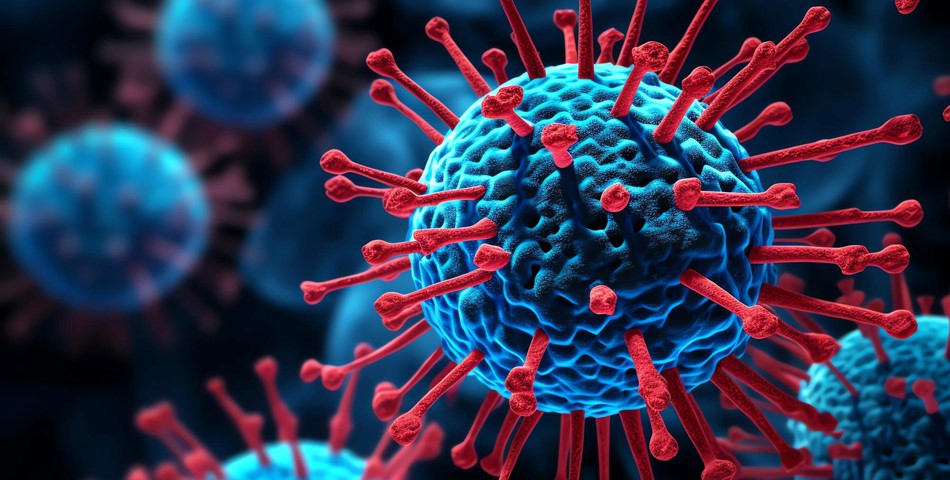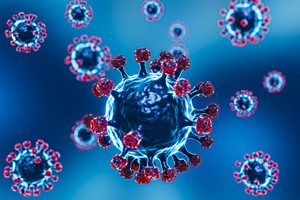A recent study conducted by researchers at Yale University offers a potential alternative to Paxlovid for treating COVID-19 in immunocompromised patients. The study, led by Karen S. Anderson, PhD, professor of pharmacology and of molecular biophysics & biochemistry at Yale School of Medicine, explores the efficacy of combining two antiviral compounds as a treatment option.
Paxlovid, currently one of the FDA-approved medications for antiviral treatment of COVID-19, contains nirmatrelvir and ritonavir. While nirmatrelvir has shown effectiveness in reducing the severity of symptoms and hospitalizations, ritonavir can negatively interact with anti-rejection medications commonly taken by immunocompromised individuals, leading to complications such as kidney failure.
In response to this challenge, Anderson and her colleagues investigated the combination of molnupiravir, another antiviral approved for emergency use, with a new antiviral compound developed in their lab. Published in the Proceedings of the National Academy of Sciences on April 15, their study demonstrated promising results in preclinical trials using humanized mice infected with SARS-CoV-2.
The researchers found that the combination of molnupiravir with the new antiviral compound resulted in all infected mice overcoming the disease, with no noticeable traces of the virus after 14 days post-infection. In contrast, mice treated with either antiviral alone showed reduced viral load but experienced higher mortality rates.
This novel approach represents a potential alternative to Paxlovid, particularly for immunocompromised individuals who face challenges due to drug-drug interactions. However, further clinical studies are needed to validate these findings and assess the safety and efficacy of the combined antiviral treatment in human subjects.
The research team's journey towards developing antivirals for COVID-19 traces back to their work on HIV. Leveraging computational and experimental methods, they repurposed existing drugs and designed new compounds to target the main protease of SARS-CoV-2, crucial for viral replication. This proactive approach underscores the importance of preparedness for future viral diseases.
While the pharmaceutical industry's interest in advancing this potential treatment remains uncertain, the continued emergence of new COVID variants highlights the ongoing threat of the disease, particularly to immunocompromised individuals. Despite vaccination efforts, COVID-19 continues to claim lives, emphasizing the need for effective treatments for vulnerable populations.
Moreover, the study's findings suggest potential applicability against other coronaviruses, such as SARS-CoV-1, indicating broader implications for combating future outbreaks within the coronavirus family. As the world grapples with the impact of the COVID-19 pandemic, advancements in antiviral treatments offer hope for managing both current and future viral threats.
medicine.yale.edu – Freda Kreler










